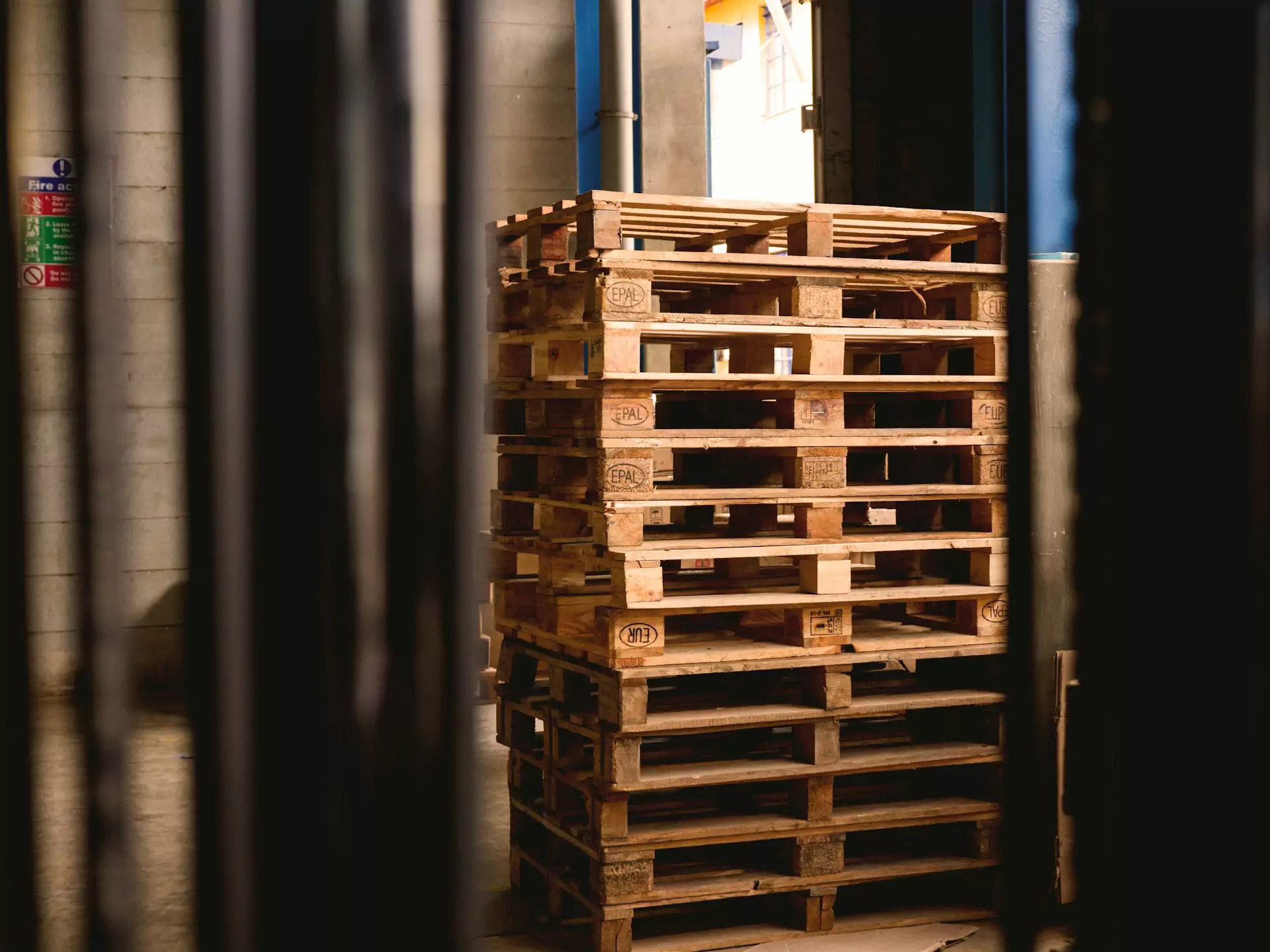How to find the right food suppliers
Running a restaurant or café is a constant balancing act. The quality of your food, the satisfaction of your customers, and even your reputation in the local community all come back to one simple fact — the ingredients you serve. That makes choosing the right food suppliers one of the most important decisions any hospitality business owner can make. I have seen how the right supplier can make a business thrive, while the wrong one can cause frustration, waste, and financial stress. Finding a supplier is not just about price, it is about consistency, reliability, and shared values. Here’s how you can find the right food suppliers and build strong partnerships that help your business grow.

Understand your business needs
Before approaching suppliers, it is important to understand what your business really requires.
- Menu requirements: Are you running a bakery that needs fresh flour daily, or a fine dining restaurant sourcing seasonal truffles? Your menu should guide your supplier search.
- Volume and frequency: Think about how much stock you need each week and how often it should be delivered. A small café might need daily milk deliveries, while a larger restaurant may rely on bulk orders twice a week.
- Special considerations: Today’s customers expect more choice. Gluten-free, vegan, organic, and locally sourced products are increasingly popular. If these are part of your offering, make sure a supplier can reliably deliver them.
Taking the time to map out your specific needs will save you wasted effort later when you compare suppliers.
Prioritise quality and consistency
Your food is only as good as the ingredients that go into it. Customers might forgive a delayed order or a busy service, but they rarely forgive poor quality.
When reviewing potential suppliers:
- Ask about their sourcing practices. Do they use local farmers? Do they guarantee freshness?
- Request samples before committing to an agreement. Cooking with a supplier’s products will quickly reveal whether they meet your standards.
- Check how they maintain quality over time. A one-off delivery of great produce means little if the next three are subpar.
Consistency builds trust — both for you and your customers.

Assess pricing and contract terms
Price matters, but it should never be the only factor. The cheapest option often ends up being the most expensive when you factor in waste, late deliveries, or unhappy customers.
Key considerations include:
- Bulk discounts and seasonal pricing: Can you save by ordering larger quantities or adjusting to seasonal availability?
- Payment terms: Flexible payment schedules can support your cash flow, especially in slower months.
- Contracts: Avoid suppliers that insist on long-term lock-ins without giving you trial periods or clear exit clauses. Flexibility is crucial, particularly for new businesses still finding their rhythm.
The best suppliers are transparent about pricing and open to negotiation.
Check reliability and logistics
Even the best ingredients are useless if they don’t arrive on time. Reliability in delivery is one of the most overlooked aspects of supplier management, yet it directly affects waste, stock shortages, and customer satisfaction.
When evaluating reliability, look at:
- Delivery schedules and cut-off times for placing orders.
- Whether they can provide same-day or emergency deliveries if needed.
- Their ability to handle disruptions — for example, what happens if a driver is late, or if there’s a shortage of a key ingredient?
A supplier who communicates clearly and delivers consistently will make your life much easier.
Look at food safety and compliance
Food safety is non-negotiable in the hospitality industry. Partnering with a supplier who takes shortcuts can expose your business to fines, closures, or worse — harm to your customers.
Make sure suppliers:
- Follow HACCP standards and provide documentation of compliance.
- Have the necessary certifications and inspection records.
- Can demonstrate traceability of their products, so you know exactly where your food is coming from.
Compliance protects your reputation and reassures your customers that you care about their wellbeing.

Focus on relationships and communication
A supplier should not just be a vendor — they should be a partner in your success. Good relationships are built on trust, honesty, and open communication.
When assessing a potential supplier, ask yourself:
- Are they responsive when you reach out?
- Do they keep you informed about stock changes, shortages, or seasonal opportunities?
- Are they proactive in helping you solve problems?
Strong supplier relationships can often be the difference between scrambling during a busy service and smoothly adapting to last-minute challenges.
Embrace sustainability and ethical sourcing
More and more diners are choosing to support businesses that align with their values. Ethical and sustainable sourcing is no longer a niche concern — it’s mainstream.
You can add value to your brand by choosing suppliers that:
- Reduce packaging waste or use eco-friendly materials.
- Support fair trade or ethical farming practices.
- Provide local, seasonal produce that reduces food miles.
Promoting these partnerships on your menu and marketing can resonate strongly with customers who want to feel good about the food they eat.
Compare and test suppliers
Finding the right supplier often means comparing several options before making a decision.
- Trial periods: Place a small order first to test service quality, delivery punctuality, and overall fit.
- References: Speak to other restaurants and cafés that already work with the supplier.
- Scorecards: Create a simple comparison matrix ranking price, quality, reliability, sustainability, and communication. This helps you make an objective choice rather than relying on instinct alone.
The right supplier relationship is worth the effort of thorough testing.
Use technology to streamline supplier management
Managing multiple suppliers, invoices, and payments can quickly become overwhelming. Technology can simplify the process.
- Ordering platforms can automate recurring orders and reduce errors.
- Supplier management systems track performance and flag issues.
- Accounting tools like Thriday can automate payments, track costs, and provide visibility into how your supplier relationships impact your cash flow and profitability.
By integrating supplier management with your accounting, you save time, reduce errors, and gain insights into your business finances.

Key takeaways
Finding the right food suppliers is not a one-off task. It’s an ongoing process that requires regular review as your menu evolves, your customer base grows, and the market changes. The best suppliers are more than just vendors — they are partners who share your commitment to quality, reliability, and customer satisfaction.
By focusing on quality, reliability, compliance, sustainability, and relationships, you can build a supply chain that supports your business success. With the right systems in place, including smart accounting and supplier payment tools, you can spend less time worrying about logistics and more time delighting your customers.
DISCLAIMER: Team Thrive Pty Ltd ABN 15 637 676 496 (Thriday) is an authorised representative (No.1297601) of Regional Australia Bank ABN 21 087 650 360 AFSL 241167 (Regional Australia Bank). Regional Australia Bank is the issuer of the transaction account and debit card available through Thriday. Any information provided by Thriday is general in nature and does not take into account your personal situation. You should consider whether Thriday is appropriate for you. Team Thrive No 2 Pty Ltd ABN 26 677 263 606 (Thriday Accounting) is a Registered Tax Agent (No.26262416).






.svg)


.svg)











.webp)